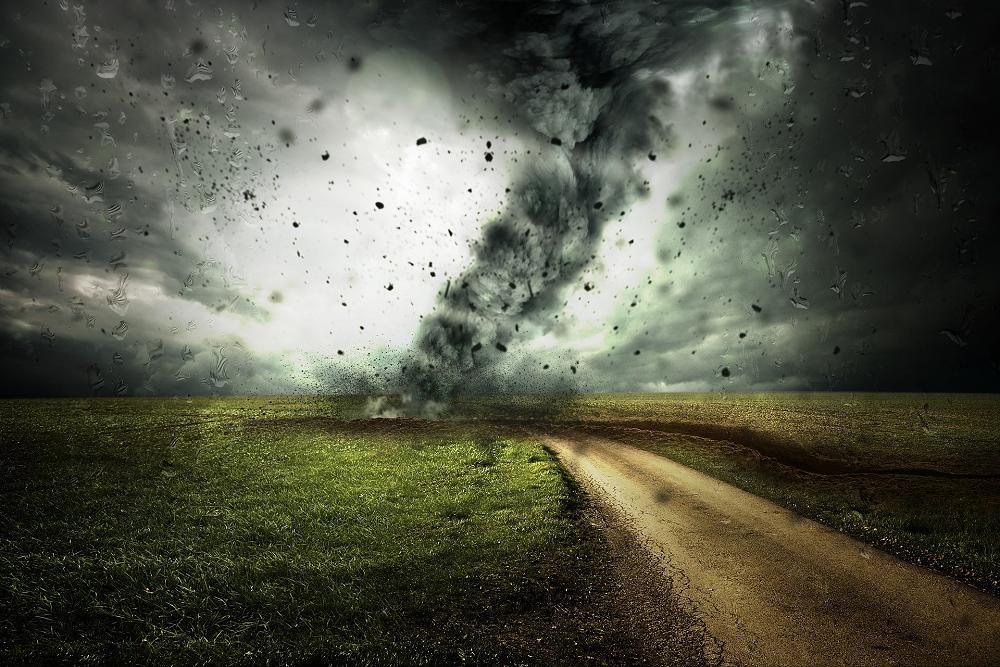
Sinoti Samoa Taking Action for the Planet
“Ua ai ulu tuana’i taisi” “When eating breadfruit, taro is forgotten.”
This Samoan proverb refers to the complacency that can set in when the breadfruit tree is in season. In Samoa, the ulu, breadfruit grows on trees that are generally located close to the house, hence when in season, breadfruit is very accessible and supply is plentiful. Taro on the other hand is cultivated and grown in plantations located within the fertile rich soils of rainforests which are generally some distance away from the village houses. Growing taro is labour intensive. It requires hard work and ongoing commitment and care before the mature taro root can be harvested for food.
When the breadfruit is in season (which can sometimes last up to six months), it is not uncommon for the taro growing process to be forgotten. With the readily available breadfruit, complacency can set in with regard to growing taro which will result in a family going hungry once the breadfruit season eventually comes to an end.
In similar fashion, we have become complacent due to having a myriad of resources that we have found readily available and accessible over many generations. Our view of our world’s future needs has been hampered by our obsession with the current fruits at our disposal. The breadfruit season is now coming to an end and we are quickly realising that there is no taro available.
As people of the Pacific we are directly affected by the impact of climate change. Whilst it is well documented that large industrial countries around the globe have caused much of the problem, we are not without blame and must be part of the solution.
Sinoti Samoa have taken on board the questions raised by the Climate Justice working group and have started conversations to educate, raise awareness and identify ways that we can help slow the impacts of climate change at a local, regional and national level within the church.
Some of the measures discussed by Sinoti Samoa churches include the following:
• Reduction of the use of paper
• Use recycling bins
• Growing our own vegetables / fruit trees
• Church garden for flowers
• Use of fresh floral arrangements within church as opposed to plastic flowers
• Composting food waste
• Avoid use of ula lole (necklaces made of confectionery) but use ula (necklaces) that are re-useable
• Request online bank statements as opposed to being sent hard copies
• Discourage printing of agendas, minutes etc. for meetings – use devices, or data projector to display instead
• Use biodegradable containers / plates / cutlery for food stalls
• Have a filtered water tap at church rather than giving out water bottles
• Have a compost area at church
• Use LED / low energy use light bulbs
• Ensure windows / doors are closed to retain heat within buildings
• Utilise public transport / bikes / scooters to reduce emissions
• Avoid burning rubbish
• Explore use of alternative energy sources e.g. solar
• Avoid using gift wrapping paper – use re-useable paper bags instead
• Avoid using banks that invest in fossil fuel companies
• Continue to run educational sessions for synods / parishes / congregations to share information, tips, advice about practical ways of reducing the impact on climate change
• Streamline national gatherings / meetings for different groups where possible to reduce overall travel / resources used / carbon footprint
Sinoti Samoa has taken time to understand and put into action some changes to make a difference. Sinoti Samoa can see the bigger picture and understand the effects of climate change specifically with regards to Samoa and other Pasifika nations.
It is important that we continue to remind each other that it’s all too easy to reach for the breadfruit that grows just outside the window. Instead, let us as individuals, congregations, synods and as a wider church work hard to ensure that the taro plantation is ready to be harvested by our future generations.
